Even the beginning pastel student will realize that pastels are easily blended …
… and that the smooth, gradiated tones produce a very different feel from the rougher look that is initially put down on paper.
Blending is, of course, an essential tool to have available to you and you should be familiar with the many variations that are had by blending with fingers, brushes, stomps, chamois, tissues and more.
But the key to producing lively, eye-catching work is variation in the style. You don’t want every color to be flattened smooth by blending, just as you don’t want everything to appear rough and untouched.
You need to have in your toolbag many different skills and methods for manipulating the medium so that they’re all there at your disposal whenever you sit down to a fresh pastel painting.
Take what is discussed here and use it as building blocks from which you can develop new looks in your work and create a style all your own.
Feathering is adding lines of different colors over the top of a blocked in color field.
Dusting is scraping pastel particles onto the page and then crushing them with a flat, clean tool like a palette knife to create a soft or spotted texture.
The texture will change according to the size of the particles and how you flatten them with the knife; straight pressure produces a different look than circling or wiping the dust.
Scumbling is dragging one color over another lightly enough that the color underneath shows through. It is usually done with a pastel stick on the side.
Want To Learn More…

With clear (and fun) instructions on how to draw, you’ll learn at your own pace in the comfort of your home.
The artist has chosen popular landscape pictures and will show you how to draw each one in color.
Landscape drawing is a fascinating area of study which requires an understanding of perspective, light and shade, detail and abstraction.




